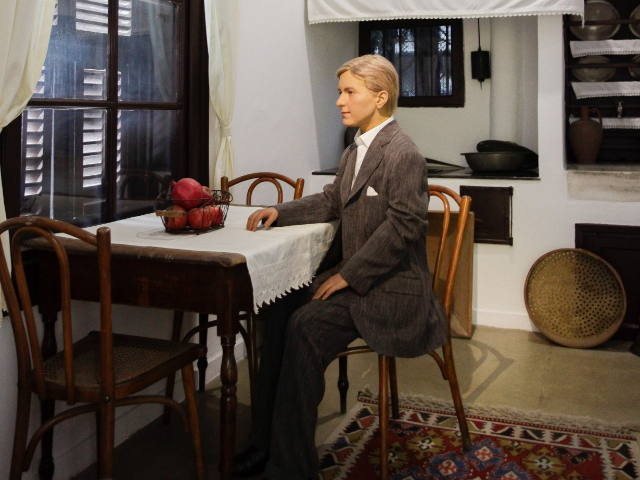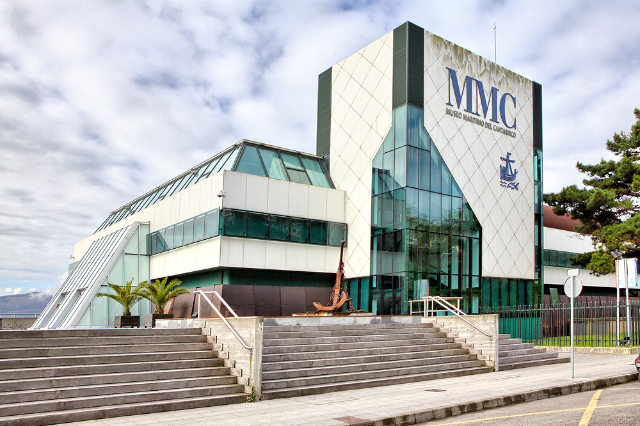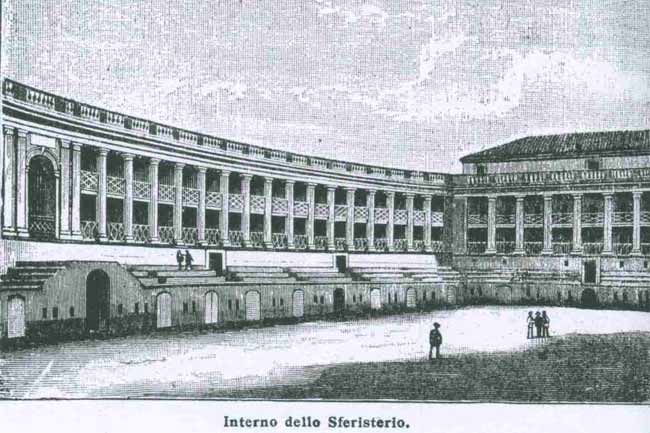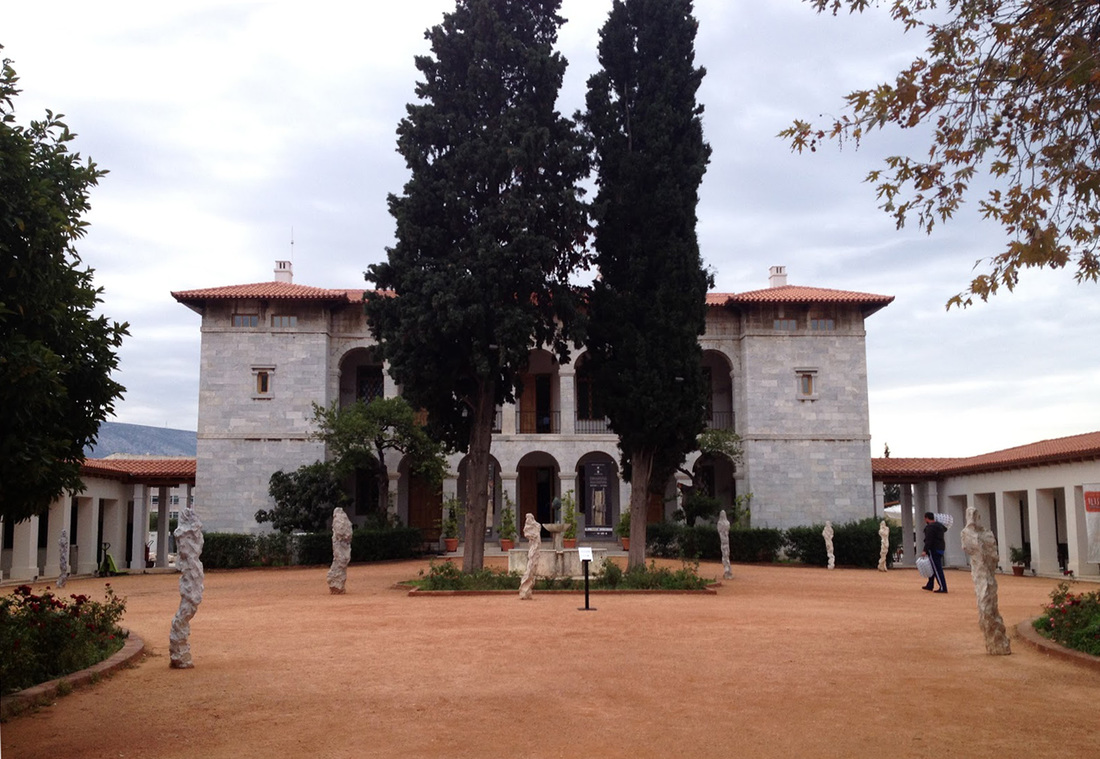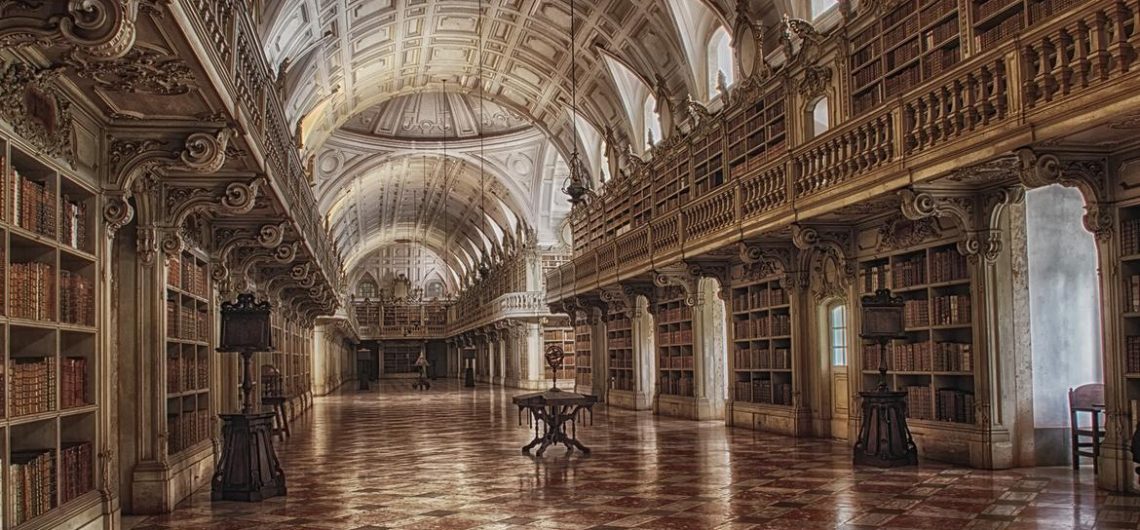The Atatürk Museum in Thessaloniki is a place of significant historical importance, commemorating Mustafa Kemal Atatürk, the founding father of modern Turkey. This museum is situated in the house where Atatürk was born in 1881 when Thessaloniki was still part of the Ottoman Empire. Its historical significance is based on several reasons:
Atatürk’s Birthplace: The house where the museum is located is Atatürk’s birthplace. This is the primary reason it has been preserved and transformed into a museum. This house is the point of origin for one of the 20th century’s most influential leaders and the founder of a new nation.
Atatürk and World War I: During World War I, Atatürk emerged as a national hero for his role in defending the Ottoman Empire. His military uniform and documents from this historical period are on display in the museum, illustrating the historical context in which he distinguished himself.
The Turkish War of Independence: The museum provides an in-depth look at Atatürk’s pivotal role in the Turkish War of Independence, a crucial struggle for Turkey’s independence from foreign occupation. This phase of Turkish history is essential for understanding the historical context of the founding of modern Turkey.
The Establishment of the Turkish Republic: Atatürk led the process of transforming Turkey into a modern republic. The museum documents this transition through a vast collection of photographs, documents, and personal belongings.
Significance for the Turkish Community: The Atatürk Museum in Thessaloniki is an important symbol for the Turkish community. It represents a place of national pride and a connection to Atatürk’s history.
In summary, the Atatürk Museum in Thessaloniki is a site of considerable historical importance as it commemorates the life and achievements of an extraordinary leader, offering visitors an immersion into the history of modern Turkey and its struggle for independence and transformation.
